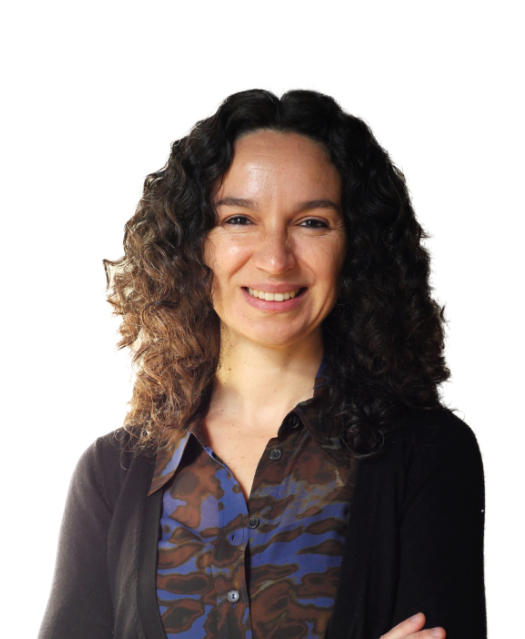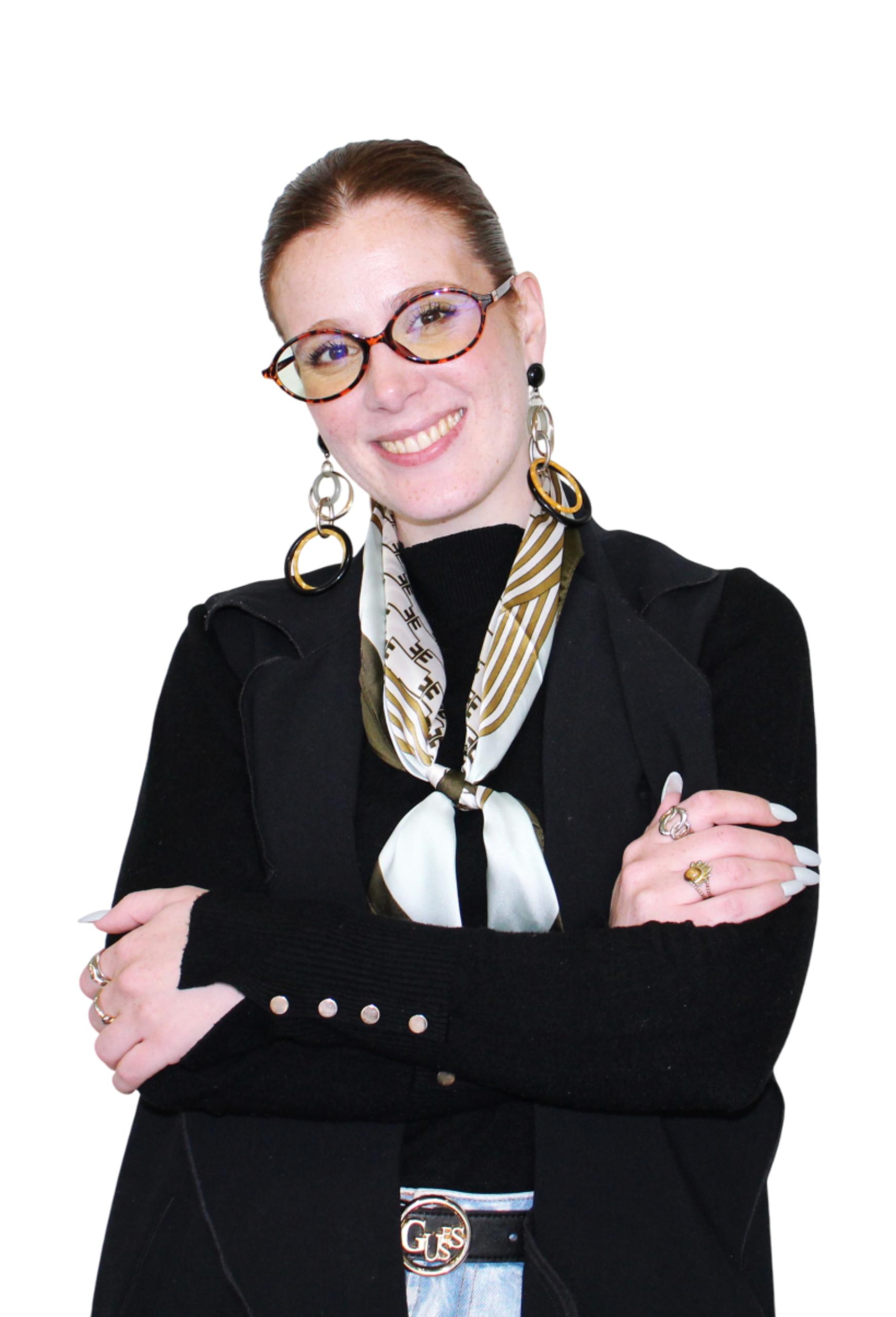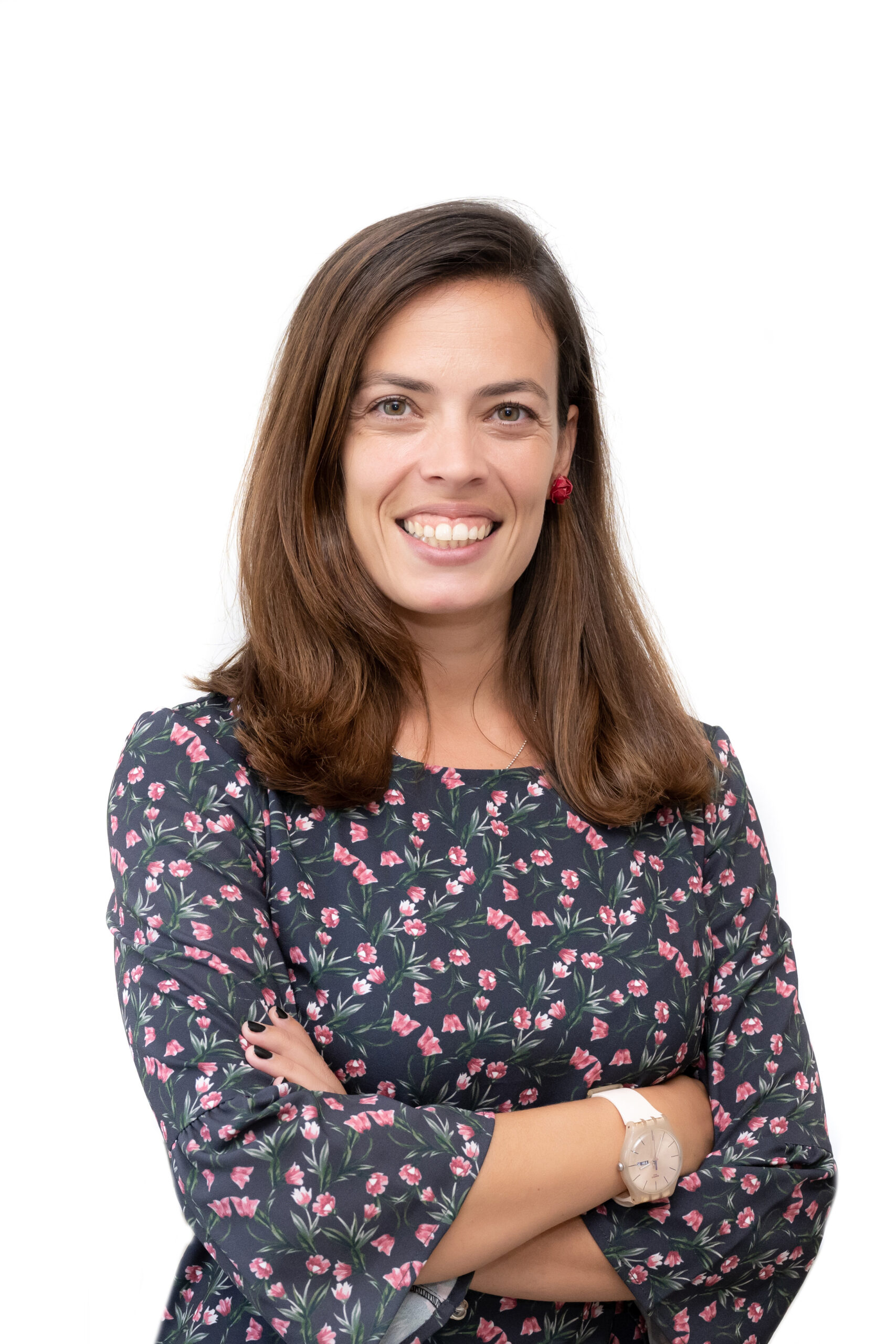The considerable declines observed in stroke mortality rates, worldwide, over the last decades, lead to an increase in the number of survivors. The significant burden of stroke extends across individuals, families, and health and social systems globally, with a majority of stroke survivors requiring the assistance of a carer, which must adjust to the immediate and long-term effects that require varying degrees of caregiving. In Portugal stroke remains the main cause of mortality, however data on morbidity is scarce, as well information on carers’ psychosocial health, needs, and wellbeing. Caring for a stroke survivor impacts on carers? psychological health and quality of life, which may imposes substantial costs on healthcare and social systems. However, the vast majority of literature has been focusing on the study of survivor’s health and well-being, placing little attention on careers’ experiences, needs and views. This research project aims to contribute to overcome these limitations by studying the impact of caring a stroke survivor on the informal carers’ psychosocial health, experiences, needs and quality of life, taking into account carers’ gender, social characteristics, the care trajectory, and their perceptions on access and availability of healthcare and social services.
Building on the interdisciplinary competencies of the team members, this project aims to produce evidence to sustain the development of integrated people-centred services, contributing for the development of a model of coproduction of health. The CARESS team will employ a mixed-methods approach, relying on questionnaires and semi-structured interviews with informal carers of stroke survivors, and deploying three think tanks with all stakeholders (stroke survivors, informal carers, researchers, and health and social care professionals). The project will respond to local needs and national strategic priorities, as well as to the European Societal Challenges that call for the implementation of integrated peoplecentred approaches, by putting the comprehensive needs of people and communities at the centre of health and social systems.
Although young, the PI is highly suited to coordinate this research project, given her in-depth knowledge on the impact of caring on the psychosocial health of informal carers and statistical analysis. The other core team members are psychologists with expertise on qualitative analysis, gender inequalities, and user involvement in healthcare. The team members’ complementary skills ensure the successful implementation and development of the current project. Their theoretical sensitivity and experience with interdisciplinary work, will assure the development of empirical grounded recommendations aimed at improving the dialogue with all stakeholders, which will contribute for the implementation of a model of co-production of health.

Funding approved by the Competitiveness and Internationalization Operational Program in its FEDER component, by the Foundation for Science and Technology, I.P.




